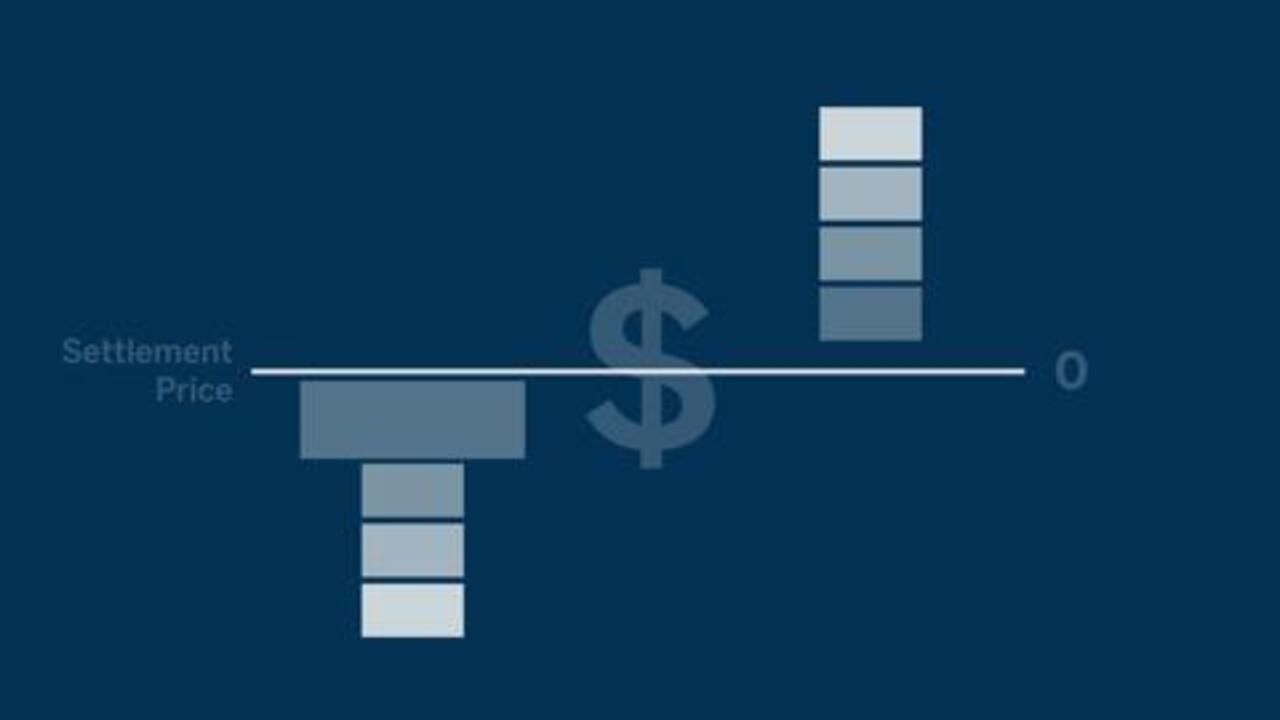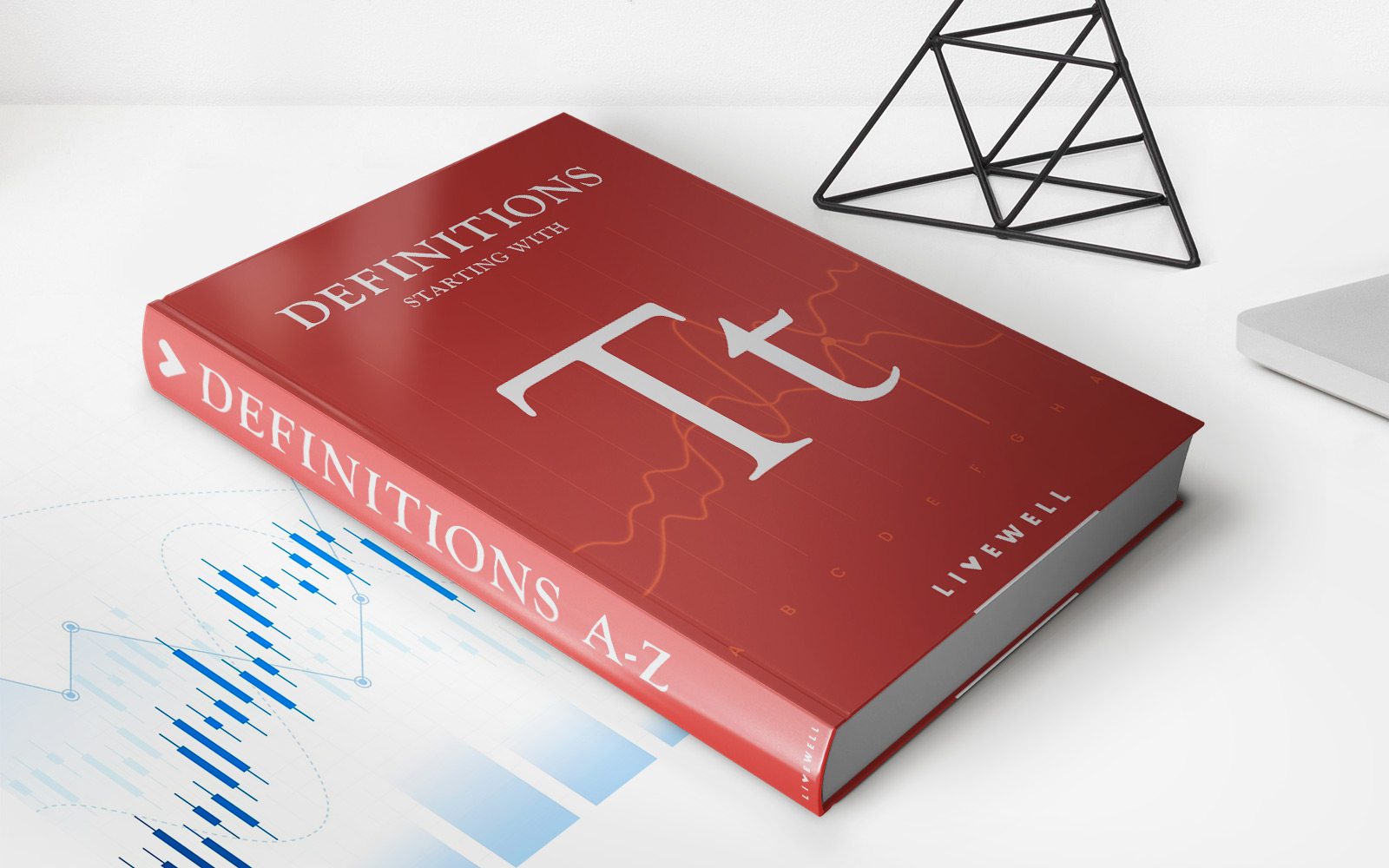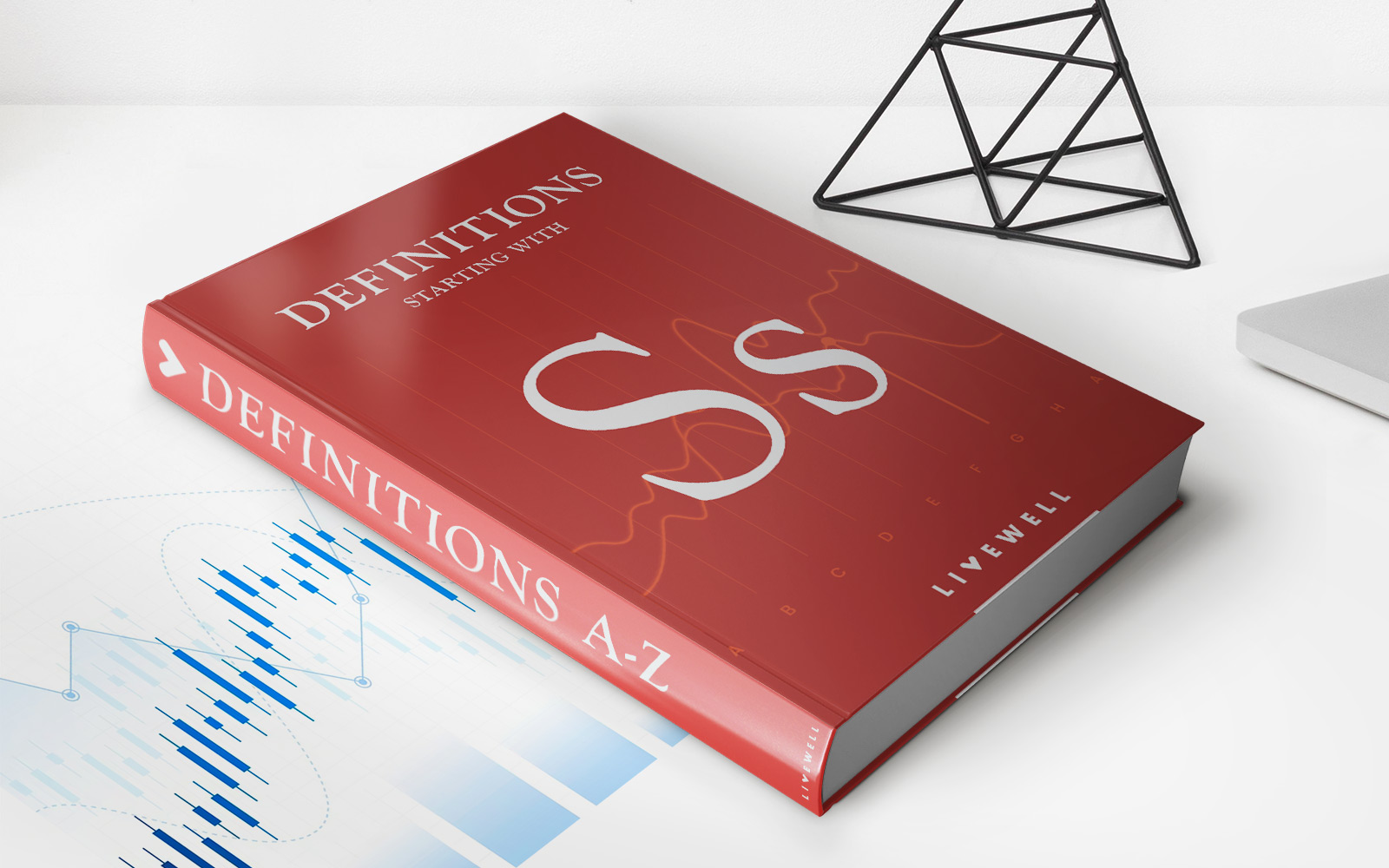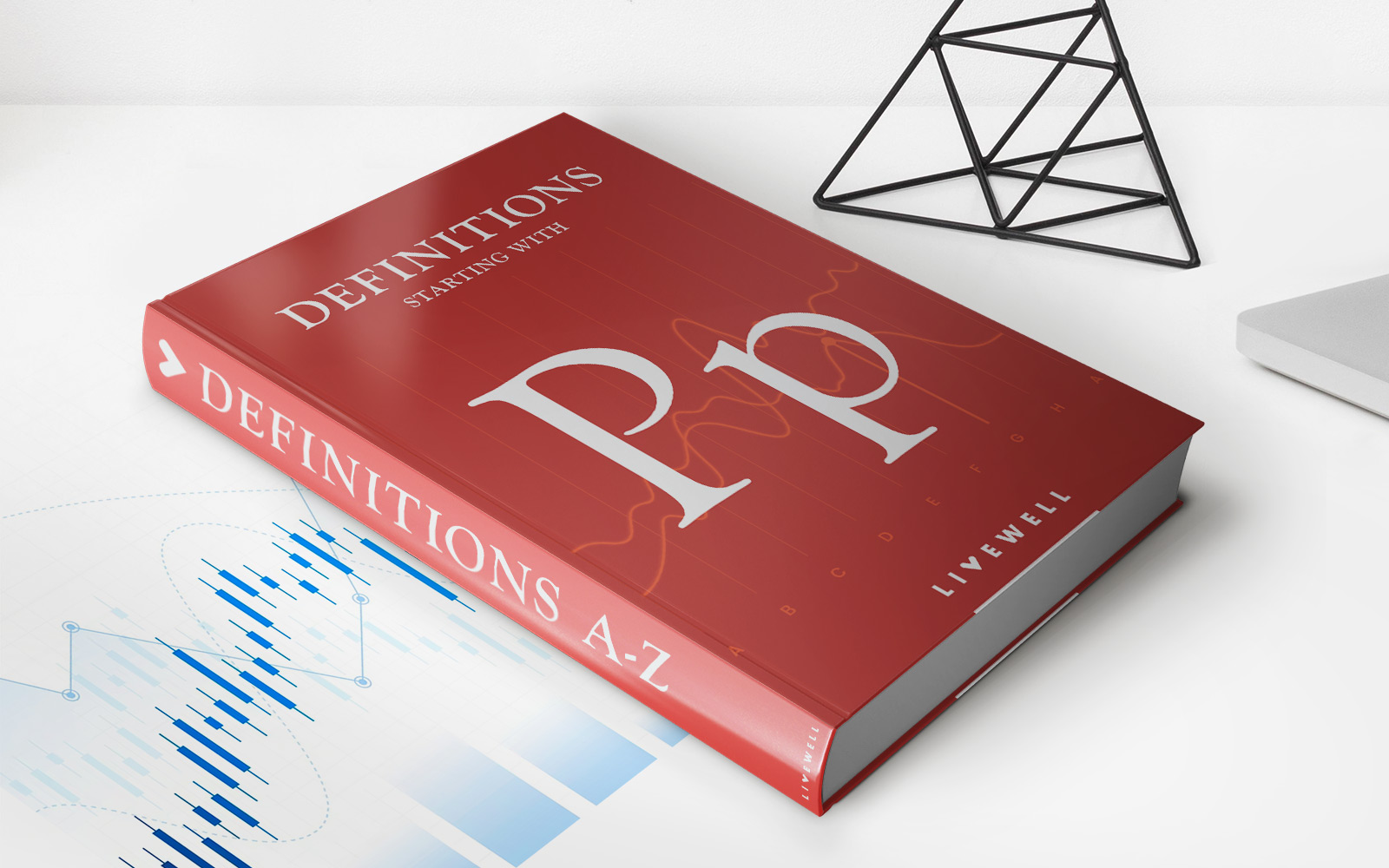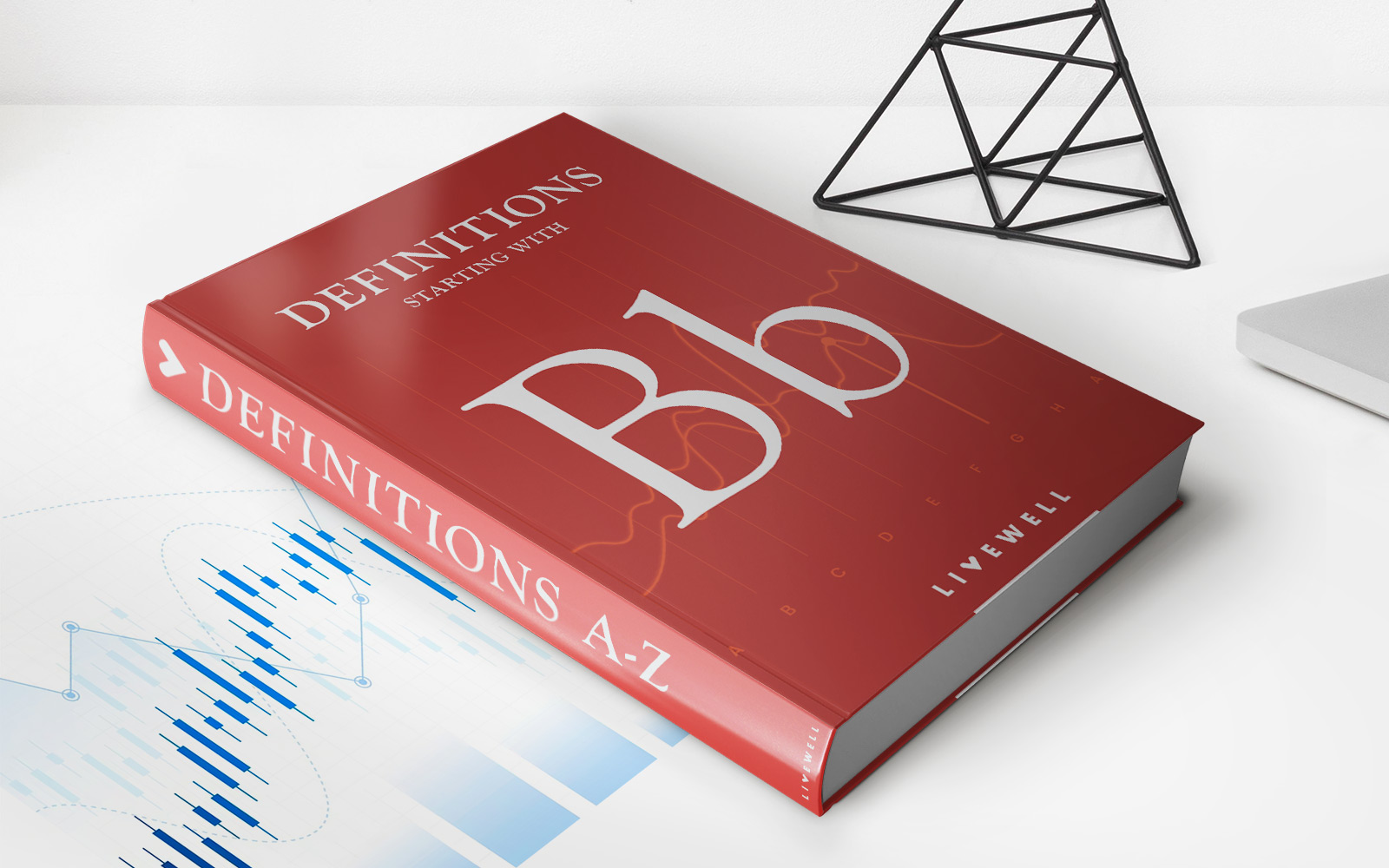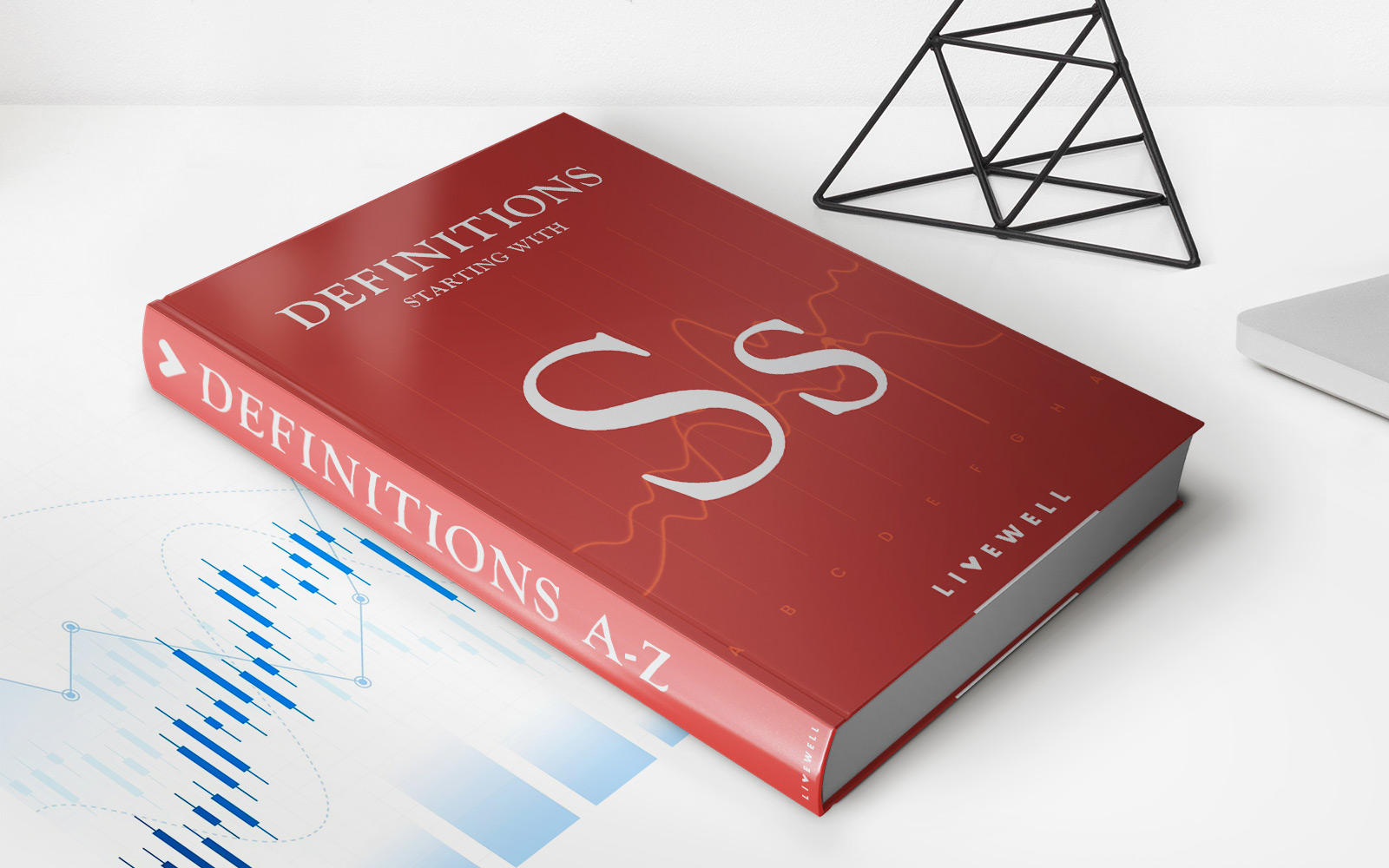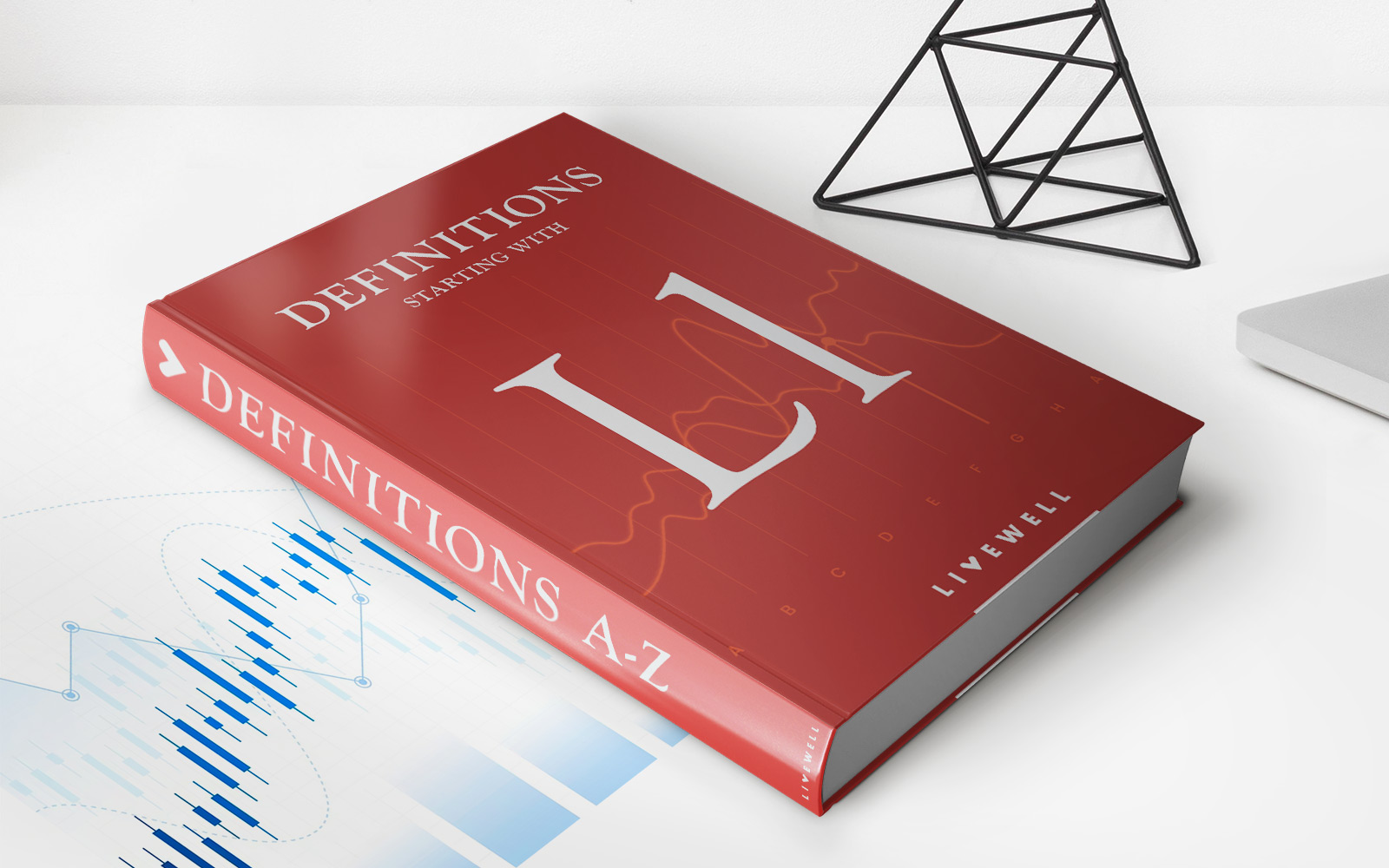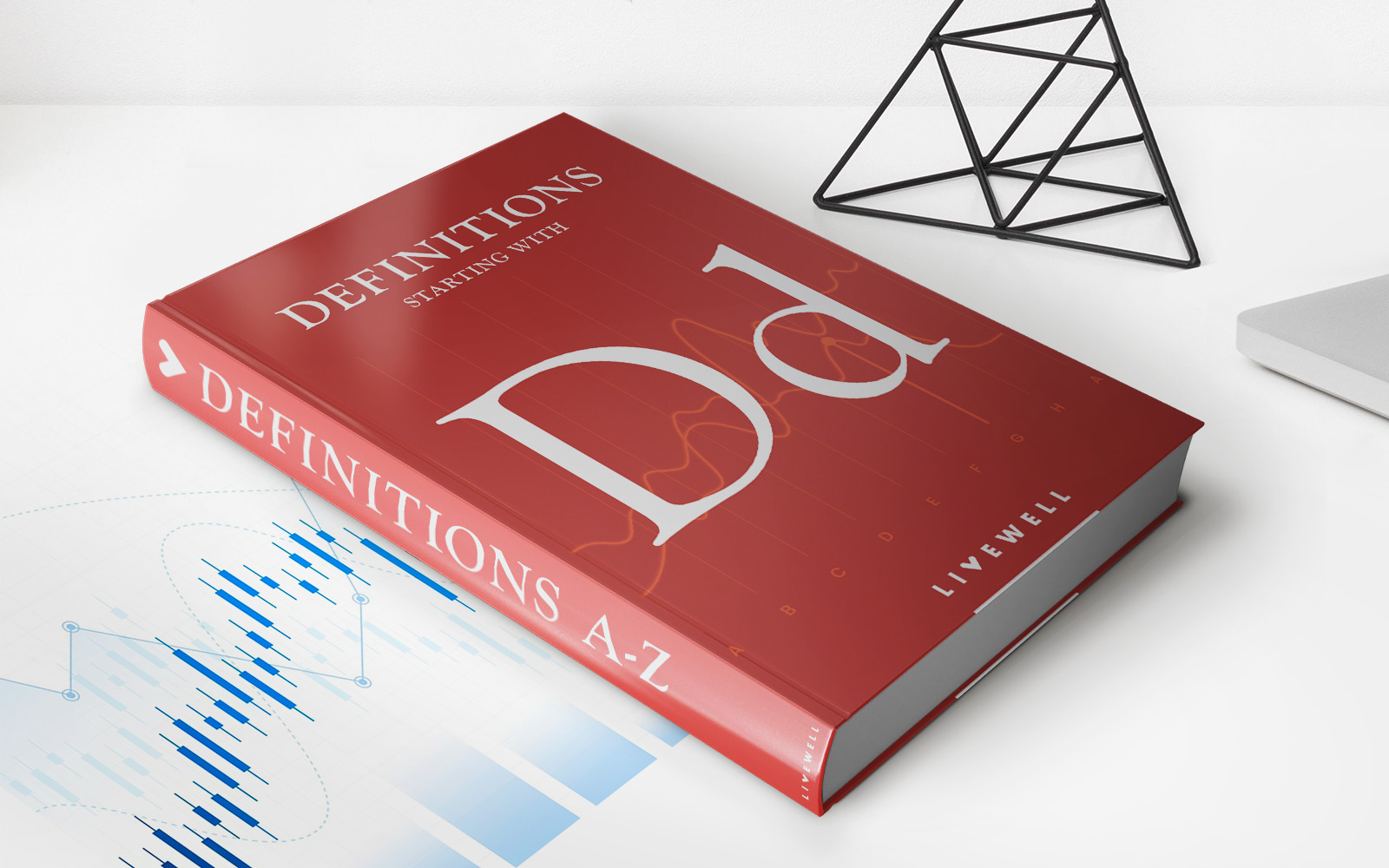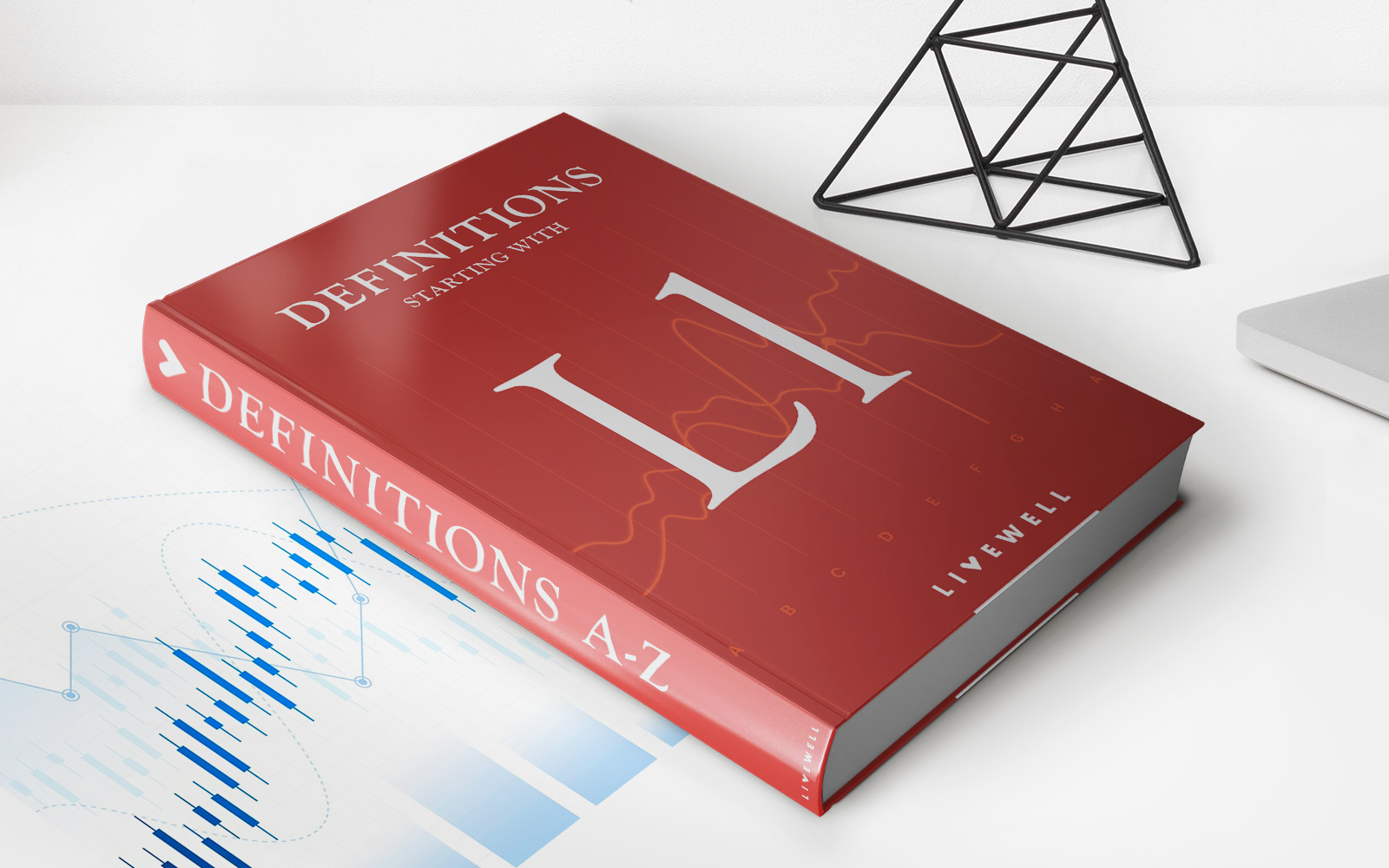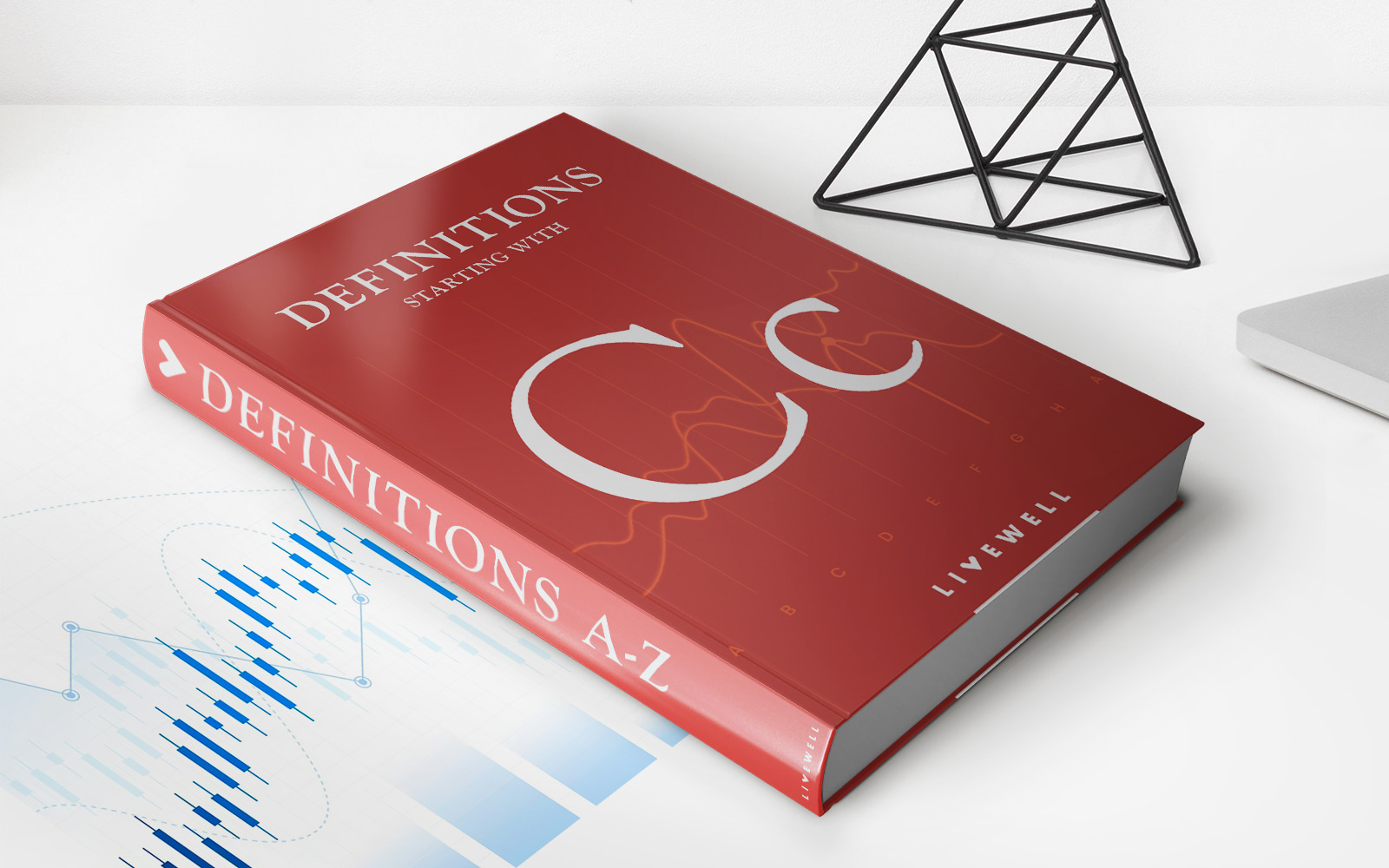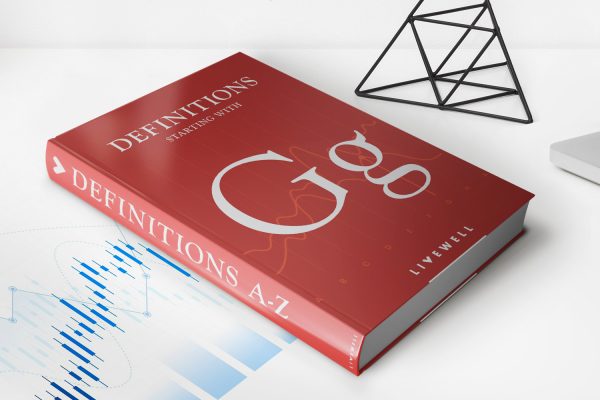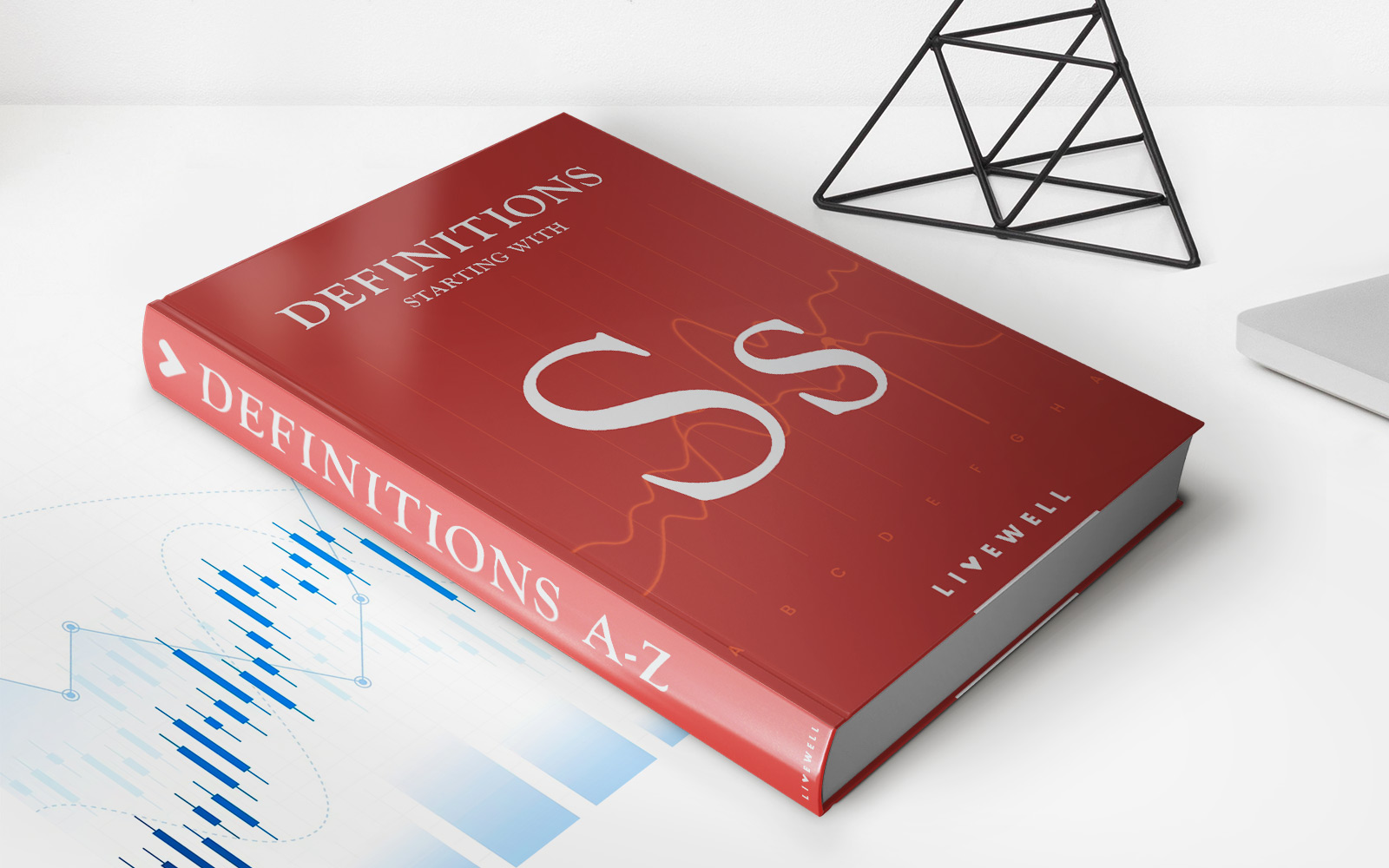Home>Finance>Spot Price: Definition, Spot Prices Vs. Futures Prices, Examples
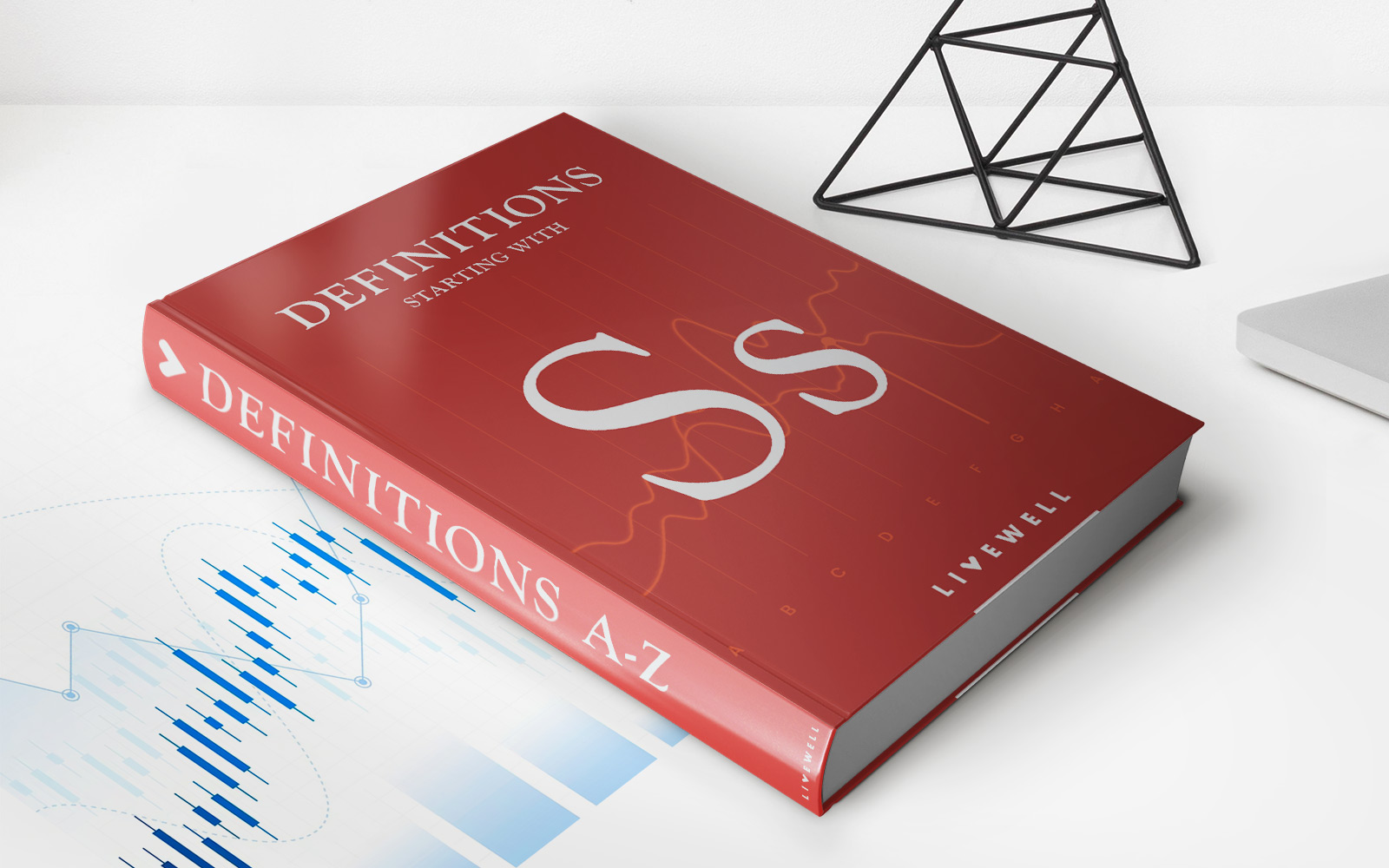

Finance
Spot Price: Definition, Spot Prices Vs. Futures Prices, Examples
Published: February 1, 2024
Learn about spot prices in finance, their definition, and how they differ from futures prices. Get examples and understand the significance of spot prices.
(Many of the links in this article redirect to a specific reviewed product. Your purchase of these products through affiliate links helps to generate commission for LiveWell, at no extra cost. Learn more)
The Spot Price: A Comprehensive Guide
When it comes to understanding the world of finance, one term that often comes up is “spot price.” But what exactly does it mean, and how does it differ from futures prices? In this blog post, we’ll delve into the definition of spot price, explore the differences between spot prices and futures prices, and provide some examples to help you grasp this concept.
Key Takeaways:
- The spot price refers to the current price at which a particular asset, commodity, or financial instrument can be bought or sold.
- Unlike futures prices, which represent the expected future value of an asset, spot prices reflect the present day’s actual market value.
What is Spot Price?
The spot price, also known as the cash price or current price, is the prevailing price at which a specific asset or commodity can be bought or sold in the market right now. It provides an insight into the immediate supply and demand dynamics affecting the value of a product or financial instrument.
Spot prices are commonly used in the trading of commodities like gold, oil, or agricultural products. For example, if you want to buy gold, the spot price is the price you would pay for the gold on the spot, without any future contracts or agreements.
It’s important to note that spot prices constantly fluctuate due to various factors, such as market conditions, economic indicators, and geopolitical events. These price movements are influenced by the forces of supply and demand and can change rapidly throughout the trading day.
Spot Prices vs. Futures Prices
Spot prices differ from futures prices as they represent the immediate value of an asset, while futures prices indicate the expected value to be realized at a future date. Here are some key distinctions between the two:
- Timeframe: Spot prices reflect the current market value, whereas futures prices anticipate the value at a specified future time.
- Delivery: Spot prices involve immediate delivery of the asset/commodity, while futures prices involve a contractual agreement for future delivery.
- Price Determination: Spot prices are determined by present market conditions, while futures prices are influenced by expectations, interest rates, storage costs, and other factors.
- Trading: Spot prices enable direct buying and selling in the present, while futures prices require trading through contracts using standardized terms and conditions.
Understanding the distinction between spot prices and futures prices is crucial, as it can impact investment decisions, risk management, and hedging strategies in various financial markets.
Examples of Spot Prices
- Example 1: Gold Spot Price: Let’s say the current spot price of gold is $1,500 per ounce. If you decide to buy gold at this point, you would pay this exact amount.
- Example 2: Oil Spot Price: Imagine the spot price of oil is $60 per barrel. If you wish to purchase oil immediately, this would be the price you’d need to pay.
These examples highlight how spot prices reflect the immediate value of assets or commodities and the price at which they can be bought or sold without any future obligations.
In Conclusion
The spot price is a vital concept in finance, representing the current market value of an asset or commodity. It differs from futures prices by focusing on immediate supply and demand dynamics rather than expected future value. Understanding spot prices and their relationship to futures prices is crucial for investors, traders, and market participants seeking to make informed financial decisions.
So, the next time you come across the term spot price, you’ll have a solid understanding of what it means and its significance in the world of finance.
